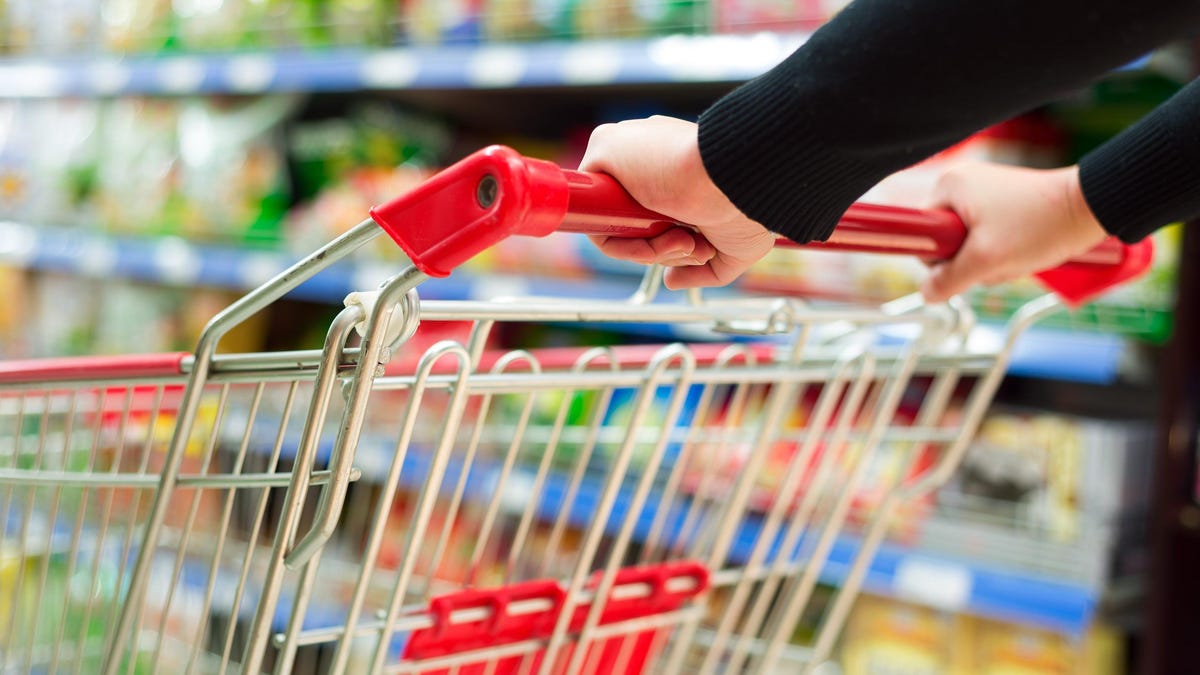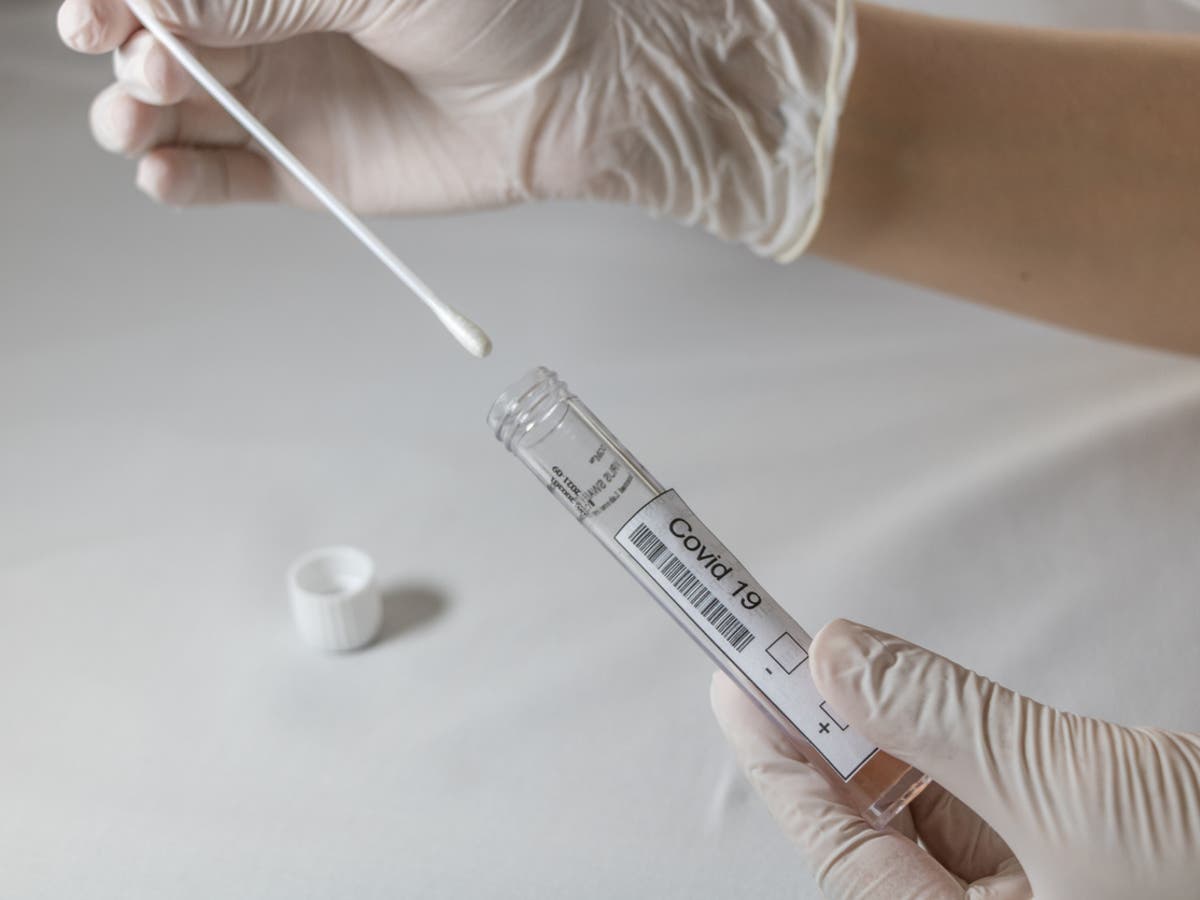You Should Be Safer at the Grocery Store
When we think of food poisoning, it’s usually in the context of the frequent food recalls on everything from salads, to onions, to dried spices. Read more...


Photo: gyn9037 (Shutterstock)
When we think of food poisoning, it’s usually in the context of the frequent food recalls on everything from salads, to onions, to dried spices.
But it’s also possible to get food poisoning if someone infected with a virus or bacteria (who may or may not be symptomatic) doesn’t wash their hands thoroughly after using the toilet, then touches something that will come in contact with food you will eventually eat (or the food itself). In fact, Salmonella, E. coli, and norovirus—the leading causes of foodborne illness—are often spread this way, according to the Food and Drug Administration.
Not only that, but the way you shop, as well as the way you package and store food for its trip from the store to your home, can lead to food safety issues. Here’s how to avoid those on your next trip to the grocery store.
How to be safer at the grocery store
In a recent article by Consumer Reports, the magazine’s chief scientific officer, James Dickerson, PhD offers these tips for making your next trip to the grocery store safer:
Wash your reusable canvas bags
If you rely on canvas bags to get your groceries from the store to your home, it’s important that you wash them on a regular basis. In addition to the visible dirt and stains, these bags can also become contaminated with bacteria and mold that builds up over time from the food that has been carried in the bags, Dickerson explains.
Wipe down the cart or basket
This is something Dickerson says we should be doing all the time—with or without a pandemic. No one is expecting you to do a full wipe-down, but if nothing else, make sure you get the handle (it’s what everyone touches) and seat (that’s where the diapered-butts of children go), as well as any other parts you expect to touch a lot.
Shop in an order based on when food spoils
Begin your trip through the grocery store by getting what you need in the center aisles, which typically contain foods that don’t require refrigeration, and have a longer shelf-life.
Then, Dickerson recommends hitting up the frozen food section, then fresh food, produce, and dairy, and finally, getting the raw on your list—including anything from the deli counter—because they are the most temperature-sensitive. He also suggests shopping with at least one insulated bag to help keep everything cool from the store to the fridge.
Pay attention to fresh produce
Gently shake any wet produce you plan to buy before putting it into a plastic bag. When bagged wet produce is in the fridge, it will rot faster than produce that is dry.
Take care of leaking meat juice
Grab any raw and fresh meat (including fish) with an inside-out produce bag, then turn it rightside-out around it. This prevents you from touching any of the meat juices that may leak out, and inadvertently spreading that bacteria to your groceries, and anything you touch in the rest of the store, Dickerson says. Keeping the meat packages in a plastic bag ensures that any leaking juices don’t spread to other items in the cart.

 Fransebas
Fransebas 
































